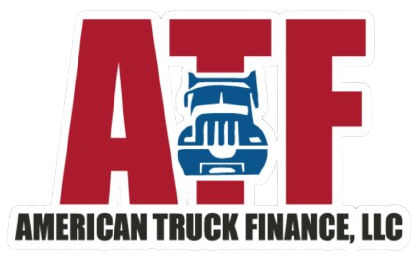Unraveling the Intricacies of TRAC Leases in the Trucking Industry
In the ever-evolving world of trucking and transportation, the methods of acquiring and managing commercial vehicles are as diverse as the roads they traverse. Among the various leasing options available, one stands out for its unique structure and benefits: TRAC (Terminal Rental Adjustment Clause) leases. Let's embark on a journey to understand the intricacies of TRAC leases and their significance within the trucking industry.
What is a TRAC Lease?
TRAC leases are specialized agreements primarily used for financing commercial vehicles, especially in the trucking sector. They provide businesses with a flexible way to acquire trucks while retaining control over their fleet and offering potential tax advantages.
Key Components of TRAC Leases:
1. Residual Value:
One of the defining features of a TRAC lease is the inclusion of a predetermined residual value. This value represents the estimated worth of the vehicle at the end of the lease term. The lessee assumes responsibility for this value, which can impact monthly payments.
2. Flexibility in Ownership:
TRAC leases provide the lessee (the trucking company or individual) the flexibility to decide whether to purchase the vehicle at the predetermined residual value or return it to the lessor at the end of the lease term. This flexibility grants businesses greater control over their fleet management strategy.
3. Tax Benefits:
Businesses may benefit from tax advantages through TRAC leases. Depreciation deductions and interest expense deductions could be available, offering potential savings compared to other financing methods.
4. Customizable Terms:
TRAC leases often allow for customizable terms, enabling lessees to tailor the agreement to their specific needs, such as varying lease durations or adjusting residual values.
Advantages of TRAC Leases:
1. Cash Flow Management:
TRAC leases typically offer lower monthly payments compared to traditional financing options, aiding in better cash flow management for businesses.
2. Fleet Management Control:
By having the option to purchase the vehicles at predetermined values, lessees can maintain control over their fleet, upgrade equipment, and manage their assets effectively.
3. Tax Efficiency:
The tax benefits associated with TRAC leases can positively impact a company's bottom line, providing potential savings and enhancing financial viability.
Conclusion:
TRAC leases represent a strategic and flexible financing option for businesses in the trucking industry. With their tailored terms, potential tax advantages, and control over fleet management, TRAC leases offer a pathway for companies to efficiently acquire and manage their commercial vehicles.
As with any financial decision, it's crucial for businesses to consult with financial advisors and experts to assess whether a TRAC lease aligns with their long-term goals and financial strategies.
In the ever-evolving landscape of trucking, TRAC leases stand as a versatile tool, empowering businesses to navigate the roads of success while retaining control and flexibility over their assets.
(Disclaimer: This blog is for informational purposes only and does not constitute financial advice. Readers should seek professional consultation for their specific financial needs.)










Contact Information
Phone: 720-287-8633
Email: info@AmTruckFinance.com
Address: 6970 Eudora Drive Commerce City, CO, 80022



